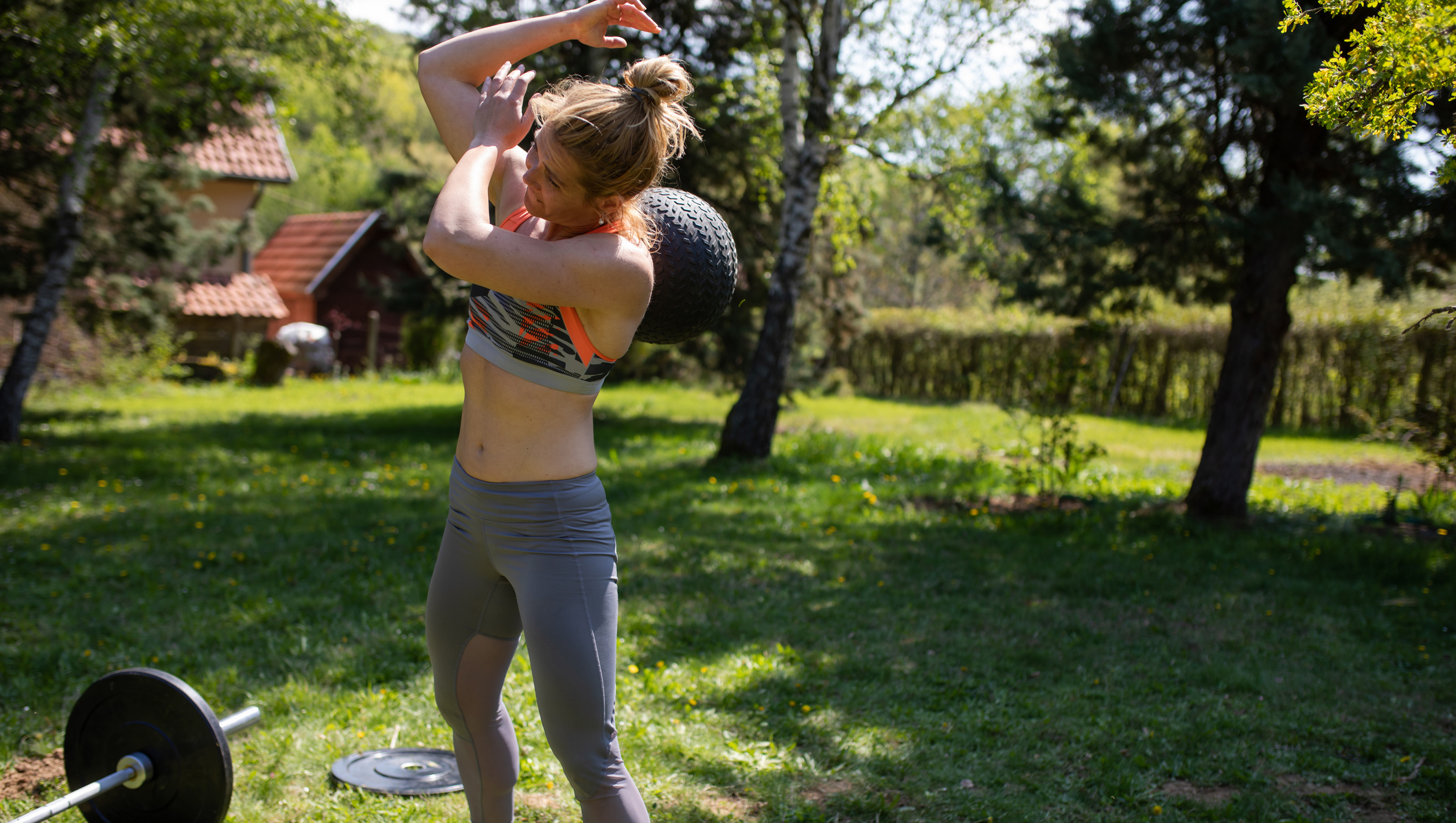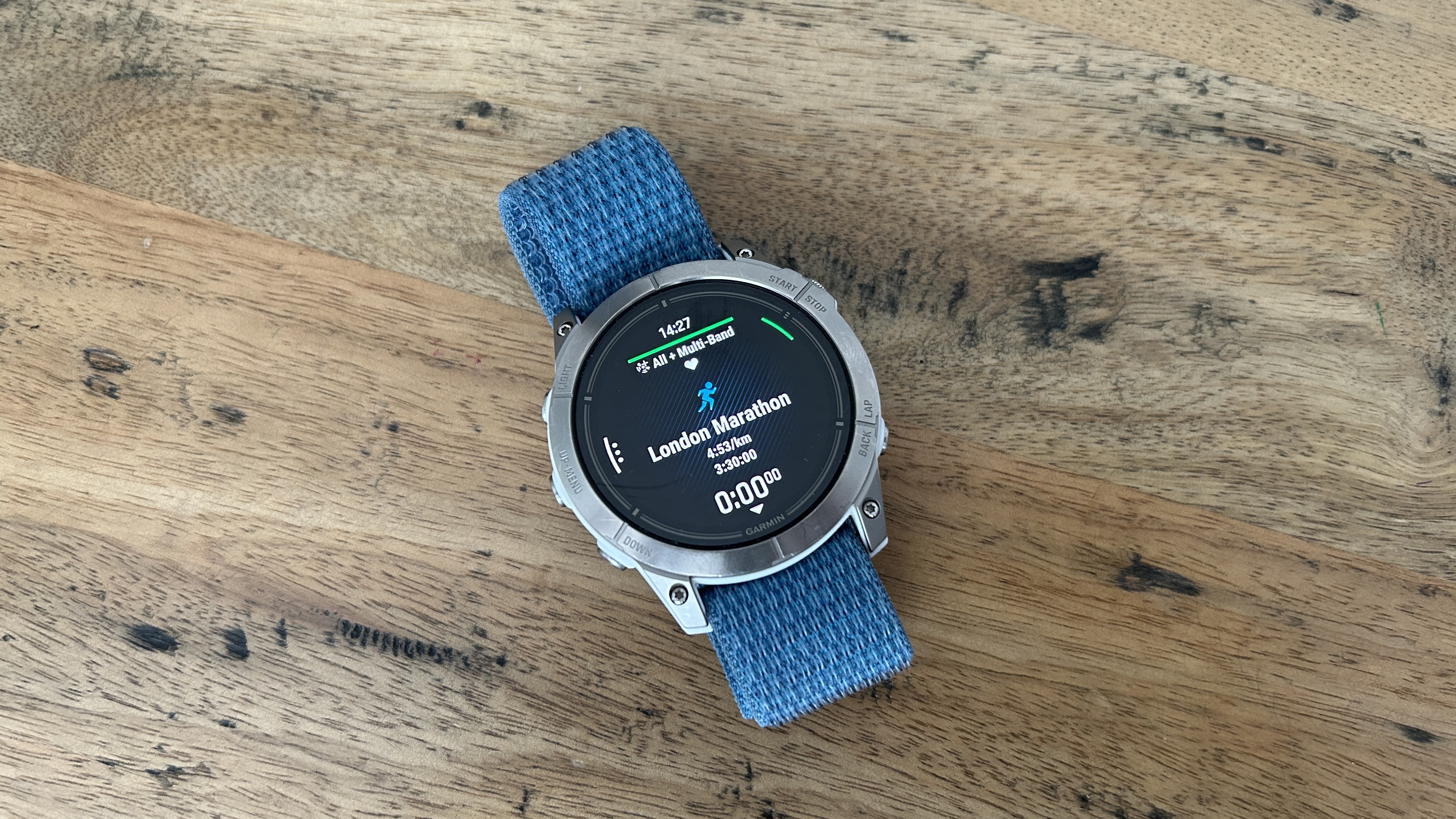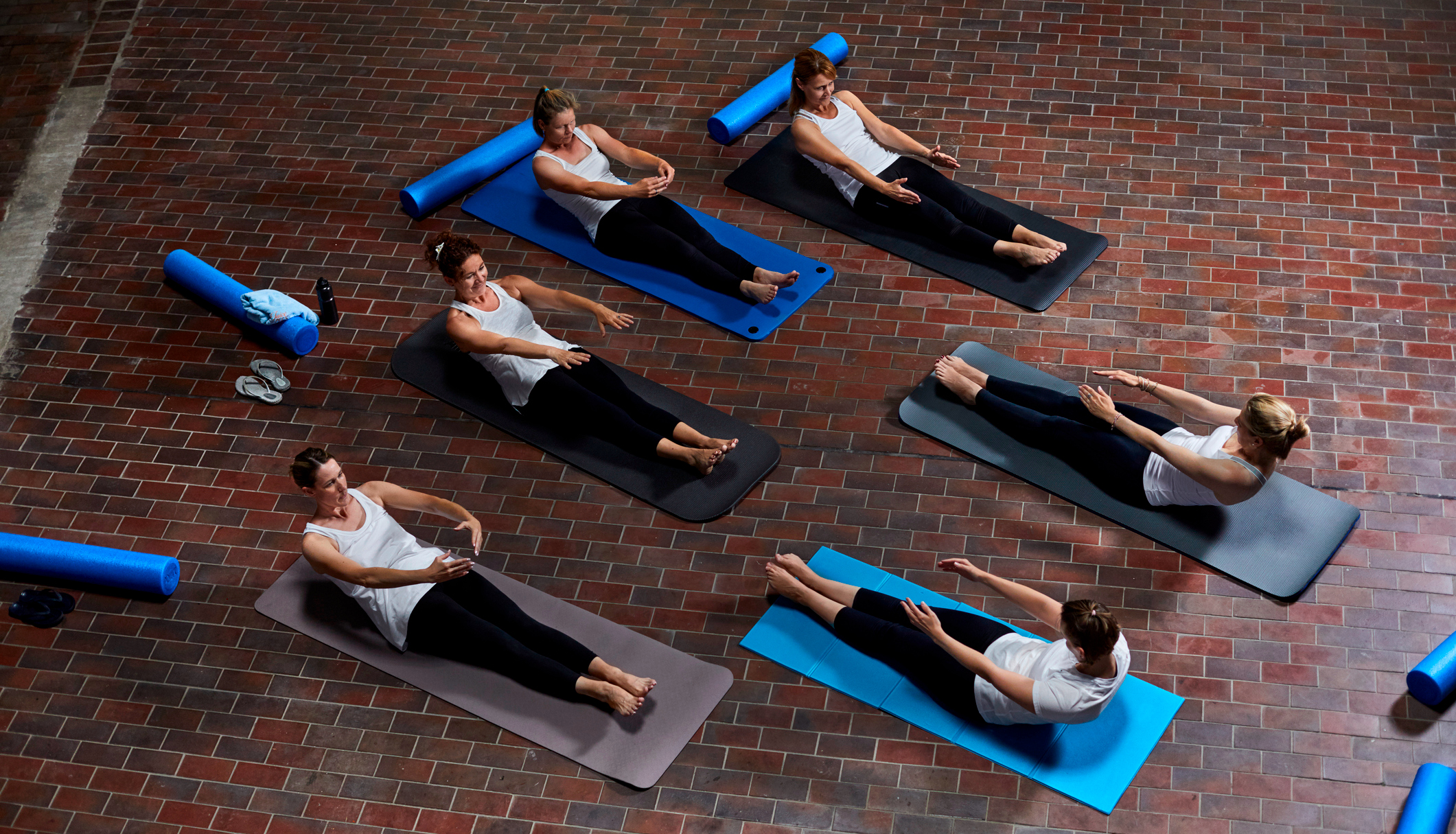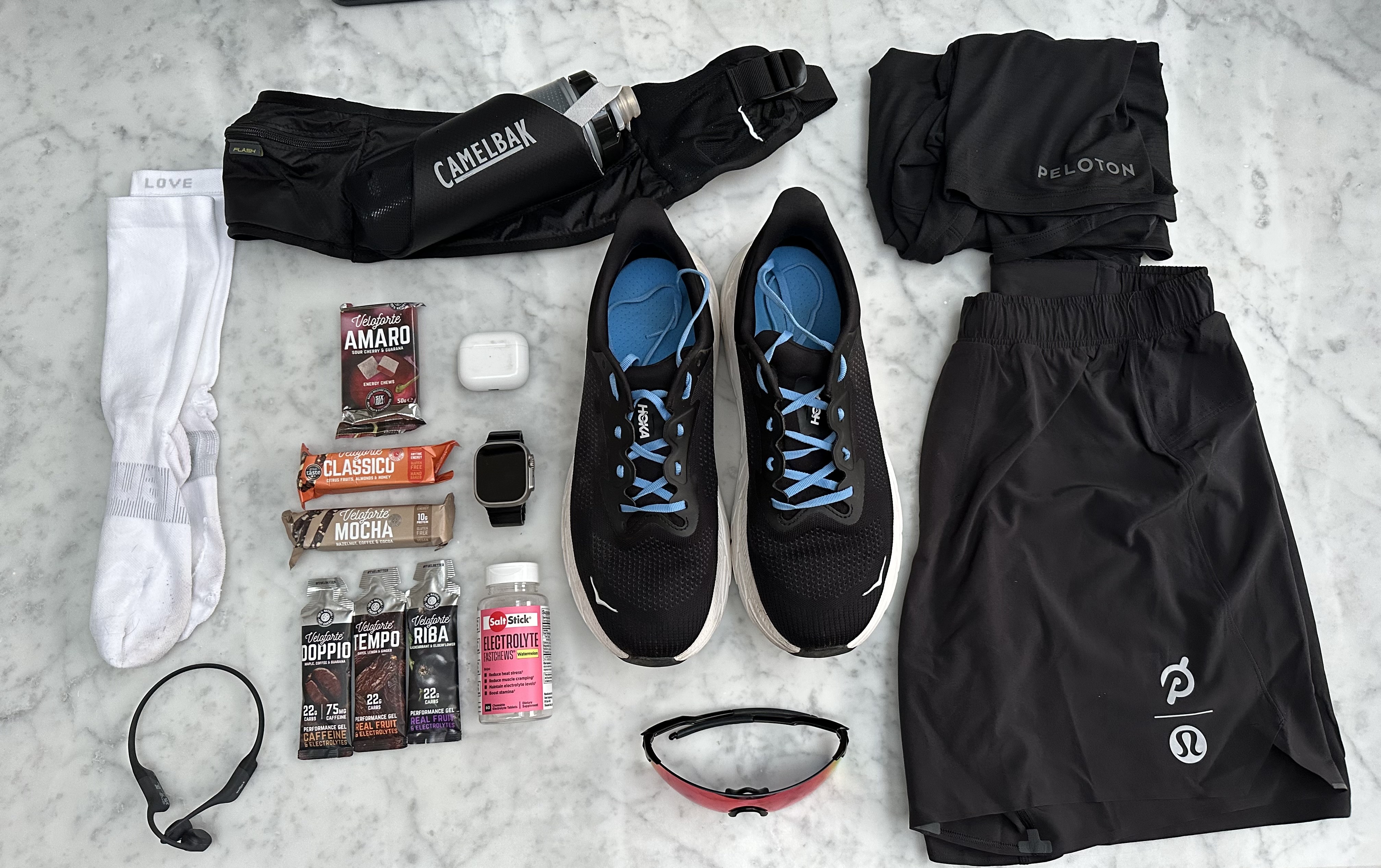The Biggest Food Myths Busted
We look at the science to separate the food facts from the fiction so you can develop healthier eating habits
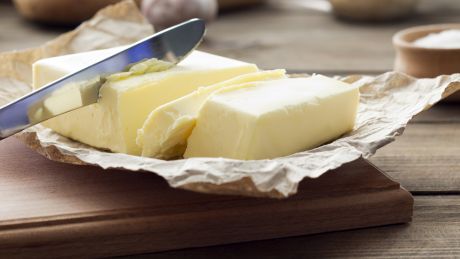
They’re the diet-ruiners, the old wives’ tales and the misleading mantras that are derailing your healthy eating efforts without you even realising. Our friends over at Men’s Fitness have sorted the food facts from the fiction.
Two factors affect the nutritional quality of vegetables: exposure to heat and exposure to water. That’s why – according to the Harvard Medical School – boiling can be the worst way to cook, whereas microwaving exposes them to heat more briefly so they retain more goodness. That’s not a universal rule, though – carrots are more nutritious when boiled because it makes their nutrients easier to absorb. The best strategy is to eat as much veg as you can, however it’s prepared.
Although this is true, it’s not a reason to avoid them because eggs contain high-density lipoprotein (HDL) cholesterol – the “good” kind that is needed for optimal health. A US study of 10,000 adults found no correlation between moderate egg consumption (one or more a day) and cardiovascular diseases or strokes. Eggs are also high in protein and healthy fats, making them one of nature’s top muscle foods.
“Red meat is bad for you”
You should limit your consumption of red meat to 500g a week – the World Cancer Research Fund says sticking to this limit and cutting out processed meat can reduce your risk of bowel cancer – but don’t bin it altogether. A diet that includes lean red meat can lower levels of low-density lipoprotein (LDL or “bad”) cholesterol and increase absorption of omega 3 fatty acids, according to a study published in the European Journal Of Nutrition, as well as providing iron, zinc and protein.
“Red wine is the only booze that’s good for your heart”
Red wine contains a chemical called resveratrol, which has been shown to have heart-protecting properties by numerous studies. But a Harvard University study published in the journal Circulation found that one alcoholic drink per day helped reduce the risk of heart disease, regardless of whether it was beer, wine or spirits. Drinking more than this regularly, though, increases your risk.
Get the Coach Newsletter
Sign up for workout ideas, training advice, reviews of the latest gear and more.
Don’t be fooled by the labels. A low-fat food item can contain the same amount of calories as the full-fat version because it replaces fat with the likes of sugar to cover the change in flavour. A study in the Journal Of Marketing Research proved that people ate 28% more chocolates if they were labelled as low-fat and this led to an overall increase in calories consumed.
“Organic food is more nutritious”
Just because it’s more expensive doesn’t mean it’s better for you. The London School of Hygiene and Tropical Medicine’s systematic review of more than 50,000 studies over a 50-year period reported that conventionally and organically produced foods were comparable in ten of the 13 nutrient categories analysed, with no significant health benefits attributed to the differences.
It may be higher in calories than the reduced-fat kind but one serving a day of full-fat cheese can actually help you lose weight, according to research from Stockholm’s Karolinska Institute. This is because its combination of protein and healthy fats keeps you feeling full and prevents snacking. It’s also a good source of bone-strengthening calcium.
“Only fresh fruit really counts”
Fresh fruit remains your best source of vitamin C, but dried and canned fruit also count towards your recommended five daily portions of fruit and veg. Dried fruit is low in fat and sodium and high in fibre and potassium. A study at the University of Illinois also showed that canned fruit provides the same fibre and vitamin content as fresh fruit.
See related
- QUIZ: Which Fruit And Veg Count Towards Your Five-a-Day?
- Frozen Fruit And Veg Are Just As Healthy As Fresh Produce
- Is Red Wine Good For You? Deep Down, You Already Know The Answer
“Cook vegetables completely”
Still boiling your broccoli? Step away from the saucepan now if you want maximum goodness from the veg for better health. Researchers from Zhejiang University in China cooked broccoli using the most common cooking methods and concluded that steaming kept intact the most number of nutrients, including soluble fibre, vitamin C and glucosinolate, the compound thought to be behind its cancer-fighting properties. Microwaving was next best, with stir-frying and boiling resulting in the greatest nutrient loss because of the veg’s exposure to high heat and vitamins leaching into the water.
This supports Harvard research that found the best cooking method for retaining nutrients is one that “cooks quickly, heats food for the shortest amount of time, and uses as little liquid as possible”. That sounds like microwaving to us. Eat your peppers raw, though: a medium one contains around 150% of your daily vitamin C needs, but cooking peppers above 190°C irreparably damages the antioxidant, according to the US National Institutes of Health.
RECOMMENDED: Your Antioxidants Shopping List
Butter spent decades in the nutritional wilderness because of a suggested link between its high saturated fat content and heart disease, obesity and high cholesterol. But support for butter is spreading – global sales were up 7% in the five years to 2014, while sales of non-dairy spreads such as margarine fell 6%, according to research firm Kantar Worldpanel – because the studies behind these claims has been discredited.
A meta-analysis of 72 studies of 600,000 people from 17 countries, published in the Annals Of Internal Medicine, found total saturated fat consumption had no relationship to heart disease risk, while research in the British Medical Journal found death rates among men with heart disease actually increased when they ditched saturated fat for the type of polyunsaturated fat found in margarine. Butter is also a source of vitamins A, D, E and K, as well as selenium, a powerful antioxidant that plays a big role in an efficient metabolism. Time to dust off that butter dish.
“High-protein diets damage your kidneys”
We evolved to become the smartest animal that’s ever walked the Earth thanks to a diet high in protein, so it’s hard to believe that in the last human generation – a blink of the eye in evolutionary terms – protein has suddenly started damaging our kidneys.
And you shouldn’t believe it, because the study that linked high protein intake to organ damage was done on people with pre-existing kidney disorders. If you’re in good health a high-protein diet can help weight loss without any side effects, according to the Journal Of The International Society Of Sports Nutrition, as well as reducing blood pressure, according to Dutch research.
It’s worth noting that the World Health Organisation last year classified red meat as a Group 2 carcinogen and added processed red meat in Group 1, advising people to limit daily intake of both to no more than 70g. However, it matters what meat you eat: organic and grass-reared red meat is very different nutritionally to that which has been factory farmed or heavily processed.
“Booze before bed helps you sleep deeper”
You may have found that a snifter after a long day helps you nod off faster – but booze before bed doesn’t encourage a good night’s rest because of how alcohol influences activity in your brain, according to research in the journal Alcoholism: Clinical & Experimental Research.
Subjects who drank just before bed had more slow wave sleep patterns called delta activity, which is the period of deeper sleep that’s associated with restoration. So far, so good. But the subjects also had heightened alpha waves, which your brain typically displays when you’re awake. This competition between alpha and delta waves disrupts sleep, which is why after a drink or two you’ll wake in the morning feeling as though you’ve not really slept.
Each night you should have around six or seven cycles of deep and restorative REM sleep – but if you’ve been drinking you’ll typically have just one or two, according to charity drinkaware.co.uk, so you can wake feeling exhausted. Horlicks, anyone?
This one really won’t go away. The belief that eating carbs at night is a fast route to fat gain is built on the assumption that our resting metabolic rate (RMR) slows down during sleep, so any excess energy gets stored as fat.
While energy expenditure does decrease 35% during early-stage sleep, according to the journal Metabolism, it then increases significantly during deeper REM sleep to the extent that your RMR is the same at night as it is in the day, according to the European Journal Of Clinical Nutrition. What’s more, if you exercise you significantly increase your RMR during sleep, according to the Canadian Journal Of Applied Physiology, prompting your body to burn more fat as it recovers from exertion.
In reality a high-carb dinner can help reduce body fat by sending you to sleep faster because carbohydrate consumption increases blood concentrations of the amino acid tryptophan, which makes you feel drowsy. People who ate a high-carb meal in the four hours before bed fell asleep faster than those who weren’t given carbs in a study conducted by the University of Sydney.



